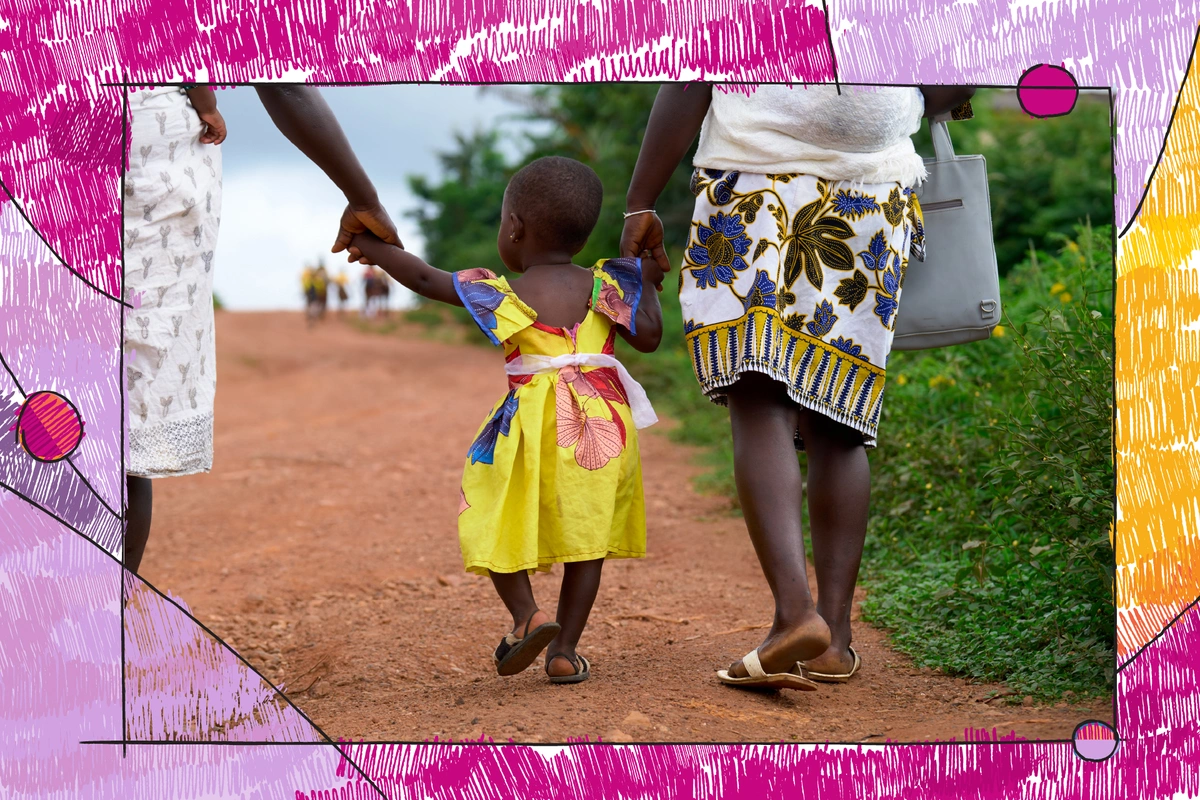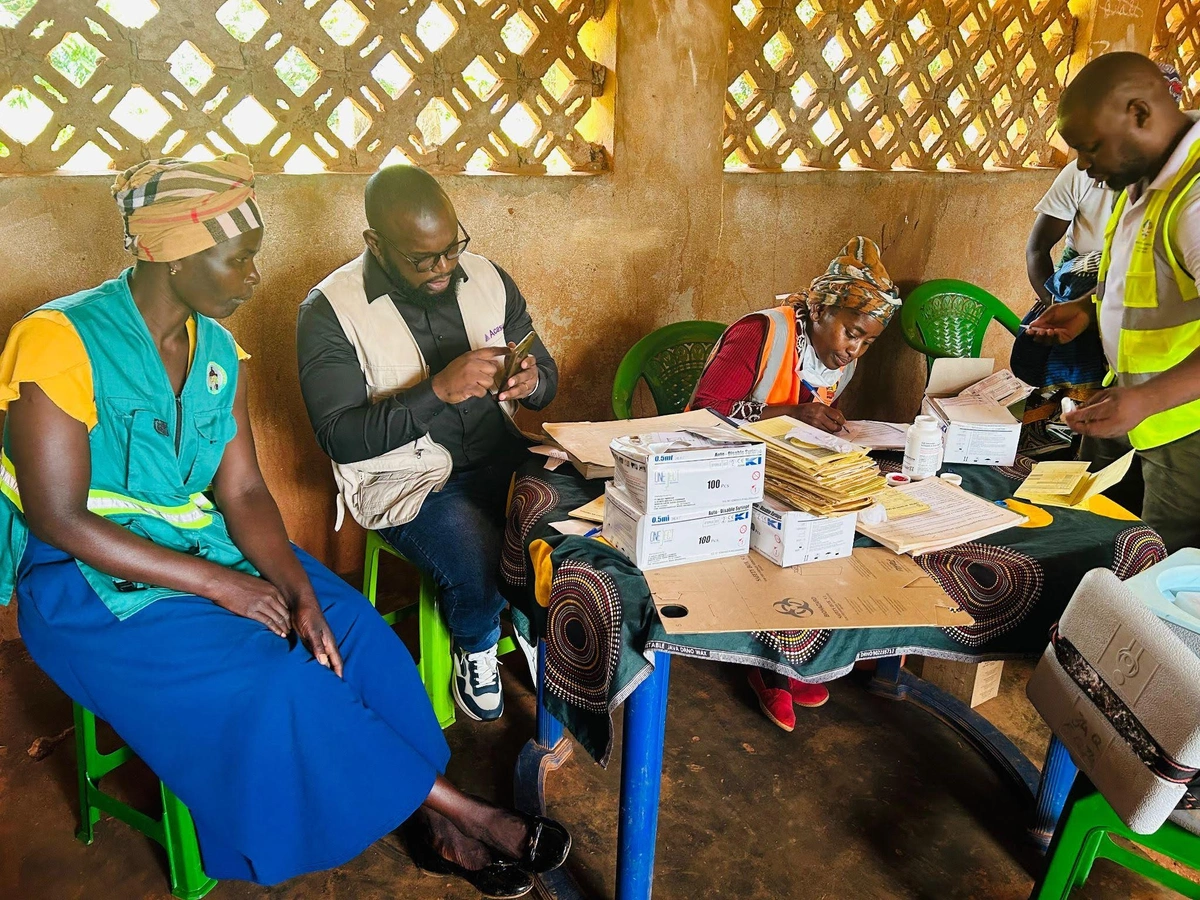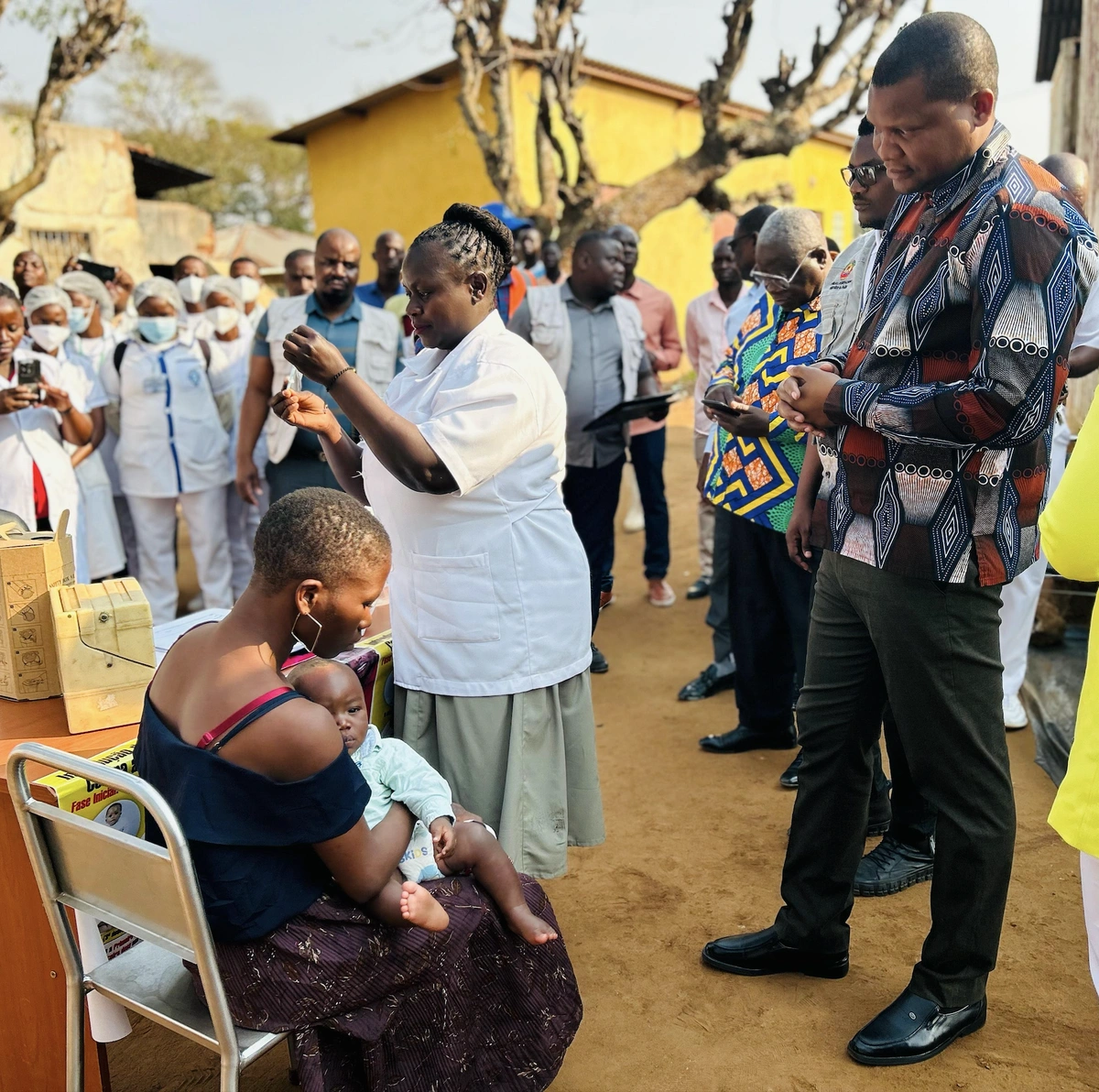
On World Malaria Day 2025, the call from the WHO is to Reinvest, reimagine, and reignite.
The burden is felt heaviest in Africa, but this is something governments and organisations around the world must help tackle. With almost 600,000 deaths from malaria in 2023, there is still an urgent need to raise the efforts being taken to end the threat posed by the disease – especially when over 75% of the deaths are among children under the age of five. Letting down the next generation is not something we can afford to do.
But this isn't something that should come from one person, scientist, organisation, or government. It's the citizens who must take the lead. Only from the ground up, with the unwavering support of organisations and people around them, can malaria be eliminated.
Reinvest
Traditionally, preventative measures for dealing with malaria have included using insecticide-treated mosquito nets when sleeping, mosquito repellants after dusk, coils and vaporisers, window screens, and wearing protective clothing. Preventive chemotherapy can also be useful, where medicines are used either alone or in combination, to prevent malaria infections. In combination with these measures, since October 2021, the WHO has recommended broad use of the first malaria vaccine for children, RTS,S/AS01. Found to significantly reduce malaria among young children, October 2023 then saw the WHO recommend a second safe and effective malaria vaccine, R-21/Matrix-M.
The second vaccine is now being rolled out in various countries across Africa, where it is expected to save tens of thousands of lives. Acasus is helping governments to implement routine childhood immunisation efforts for the vaccine, with over 260,000 children already vaccinated for at least the first dose in one country we work in. But simply introducing the vaccine is not enough. Through training malaria vaccination supervisors, we have been supporting the government to track vaccination rates and monitor supplies. This helps ensure that there isn't a lack of vaccines, and provides accountability for vaccinators to store them correctly in health facilities.
Acasus consultants training malaria vaccination supervisors in Africa.
But in spite of this, the current rate of investment is still not high enough. There are four doses for the malaria vaccine, and dropout rates for the later doses are high. In fact, coverage for the third dose drops to just 30% of the target. If more investment was placed into every step of the process, from delivering a first-class service for citizens, to increasing knowledge and awareness of the vaccine, we could save many more lives. Additionally, in malaria-endemic regions, the disease is thought to reduce GDP growth by up to 1.3% annually, and is responsible for up to half a billion lost workdays in Africa each year. Investing in malaria elimination therefore offers significant economic returns, with a recent study showing that eliminating malaria could increase GDP by $127 billion across the continent by 2030.
Reimagine
The recent introduction of vaccines for malaria in various African countries is exactly the kind of reimagination needed to more effectively combat this disease. It's essential to explore how we can combine vaccines with preventative measures to eradicate malaria for citizens. By continuing to develop these vaccines for enhanced protection against malaria, more lives will be saved. With the four doses currently reducing all-cause mortality rates by 13%, this is already a significant leap forwards, but increasing this protection further is something we must continue to strive for.
Beyond vaccines, new methods are frequently being developed to reduce the threat of malaria. For example, genetically modified mosquitoes have been successfully introduced in parts of Brazil, the Cayman Islands, India, and Panama, to control mosquito population levels. Meanwhile, expanded use of dual-insecticide nets in Africa has led to improvements in controlling the spread of the disease, with clinical trials revealing a 20–50% increase in protection, compared to standard pyrethroid-only nets.
Reignite
New research methods, in combination with relentless support from governments and intergovernmental organisations, are essential steps to eliminating malaria. But this isn't everything. Ultimately, citizens will be the ones who must attend the vaccine sessions, and continue applying the dual-insecticide nets. Without their support, eliminating malaria isn't possible.
That's why demand is so crucial here. At Acasus, we have seen how lady health workers, vaccinators, teachers, nurses, doctors, religious leaders, and other respected local leaders within their communities, can help reignite the fight against malaria. When we run demand surveys in communities, we often see how a lack of awareness, poor service delivery, or anti-vaccination beliefs, can contribute to low vaccination rates. If one part of the process isn't working. If one vaccination session is cancelled due to a lack of staff. If one parent waits around for hours, only to receive no vaccine for her child. Then the spark will go out.
A malaria vaccination session taking place for young children in Africa.
Since the 1990s, the global community has prevented an estimated 2.2 billion cases and 12.7 million deaths from malaria. But with one person still dying every minute from the disease, it's time to reinvest, reimagine, and reignite.
How can you contribute on World Malaria Day and moving forwards?
By visiting the WHO's World Malaria Day 2025 page, you can learn more about this year's theme – Malaria ends with us: Reinvest, Reimagine, Reignite. Through the campaign materials, you can share the message on your social media channels. With every person you reach, you could potentially promote support for people around the world who need it most. Reaching just one community that hasn't heard about the vaccine before could be critical. Help the fight against malaria spiral upwards today.
If you'd like to learn more about how we train vaccination supervisors and use data to support vaccinators against diseases like malaria, please get in touch with our Partnerships team at: [email protected].




